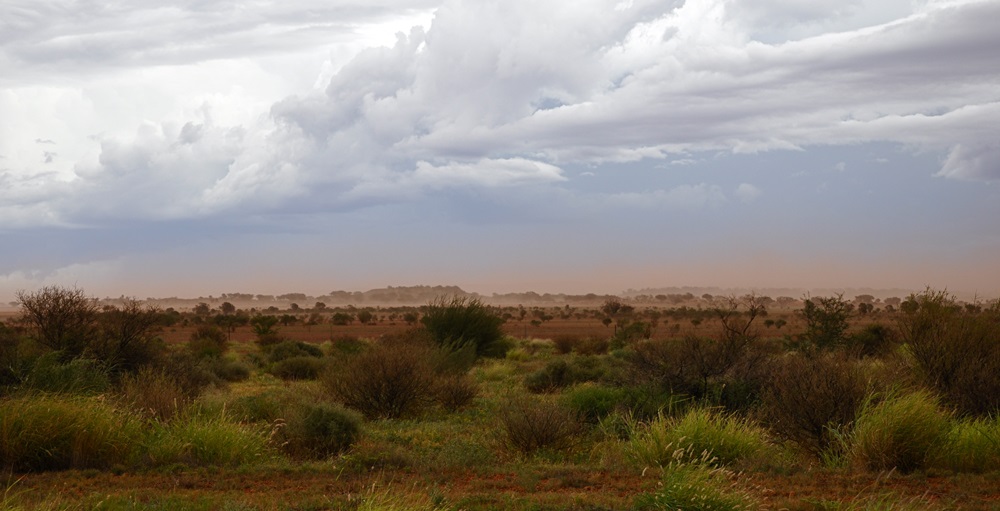Marcus Butler
10 November 2017: Climate change and its impact on species’ evolution and adaptation, and how to better engage the public in decision-making is the focus of three University of Canberra research projects awarded prestigious Australian Research Council (ARC) Discovery Project grants, announced today.
Professor in Wildlife Genetics Stephen Sarre, Dr Bernd Gruber and Centenary Professor Richard Duncan, from the University’s Institute for Applied Ecology (IAE), received more than $530,000 to determine how a highly variable climate can drive rapid evolutionary change.
“We are thrilled to receive this funding towards our work,” Professor Sarre said. “Our team, including collaborators from the University of Sydney and Harvard in the United States, aims to study the genomics of species that live in the Simpson Desert, in order to understand key evolutionary processes.”
“In arid locations, species are confronted by highly variable rainfall events, and they’ve adapted to that. Understanding how they cope with such change can inform how other species might adapt to the rapid climate change that we are likely to see in the near future.” he said.
IAE’s Assistant Professor in Water Science Ben Kefford, Professor Ross Thompson and Professor LeRoy Poff have been awarded more $380,000 by the Australian Government through the Discovery Project scheme.
Dr Kefford and the team will collaborate with Griffith University colleagues to investigate aquatic invertebrates to assess their response to changing climatic conditions.
“We are looking at species in tropical streams at particular elevations above sea-level, where the climate is reasonably stable all year round, but temperature drops as the elevation increases. We would then compare them with those in temperate settings which have very distinct high and low temperatures depending on the seasons,” Dr Kefford said.
“We will also study streams which experience a range of temperature variability over the day due to the amount of shade-cover and groundwater inputs they receive.
“Our aim is to better understand how species have adapted to past thermal variability and how climate change may affect them.”
Recent ARC Future Fellow Simon Niemeyer and his team, including Professor John Dryzek and Dr Nicole Curato from the Centre for Deliberative Democracy and Global Governance at the University’s Institute for Governance and Policy Analysis, received more than $526,000 for their project.
Their research will examine ways in which the governance of complex issues, such as climate change, can be improved by better understanding how to meaningfully engage citizens in the process.
“This project will lay much needed foundations for how we implement deliberative democracy; it would be the first comprehensive, theoretically-grounded account of defensible claims about political deliberation,” Dr Niemeyer said.
“We want to settle many of the important questions that remain among deliberative democrats and, more practicality for democratic reform in this space. This is particularly important since we can see growing interest in this style of governance as well as growing need for reform in the face of challenges such as climate change — which is a focus of the project — so that the research of our colleagues can be better translated into policy via the consent of citizens.”



